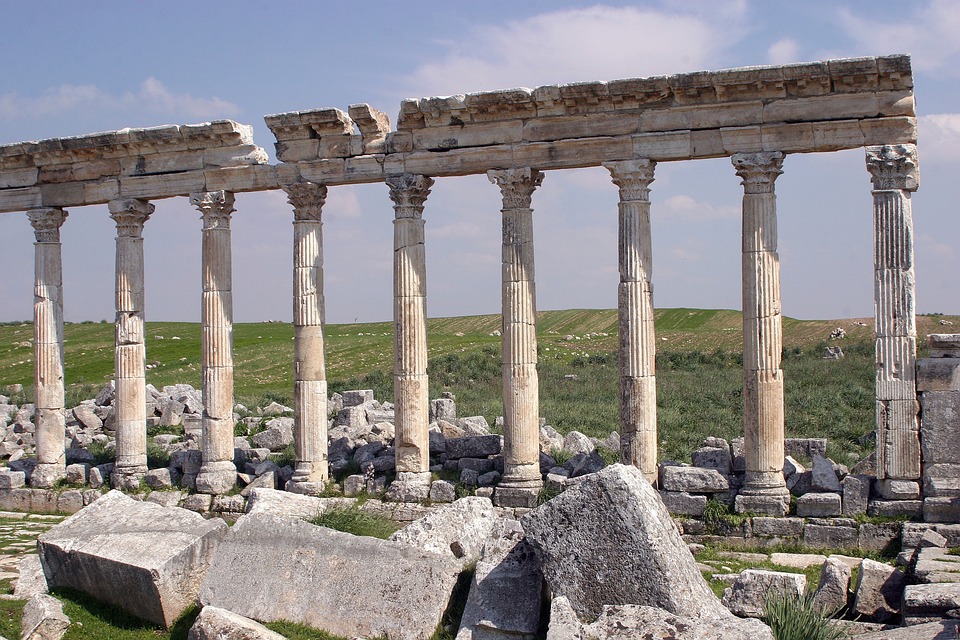
The Arab Spring: A Wave of Uprisings
The Arab Spring was a series of protests and uprisings that swept through the Middle East and North Africa in 2010 and 2011. The uprisings were fueled by a combination of political, economic, and social grievances, and were driven by a desire for greater political freedom, economic opportunity, and social justice.
Tunisia: The Spark of the Arab Spring
The Arab Spring began in Tunisia in December 2010, when a young street vendor named Mohamed Bouazizi set himself on fire in protest of government corruption and economic hardship. Bouazizi’s act of self-immolation sparked nationwide protests that eventually led to the ousting of long-time dictator Zine El Abidine Ben Ali in January 2011.
The success of the Tunisian revolution inspired similar protests in other Arab countries, including Egypt, Libya, Yemen, and Syria. These uprisings were largely non-violent, with demonstrators using social media and other forms of communication to mobilize and coordinate their actions.
Egypt: The Fall of Mubarak
In Egypt, protests erupted in January 2011, calling for the resignation of President Hosni Mubarak, who had ruled the country for nearly 30 years. The demonstrations were massive and sustained, with hundreds of thousands of Egyptians filling Tahrir Square in Cairo and other cities across the country.
After weeks of protests, Mubarak stepped down on February 11, 2011, handing power to the military. The fall of Mubarak sent shockwaves throughout the region, and Egypt became a symbol of hope for the other Arab Spring uprisings.
The Aftermath of the Arab Spring
While the Arab Spring initially raised hopes for democratic reform and social change in the region, the aftermath of the uprisings has been mixed. Some countries, like Tunisia, have made significant progress towards democratization and political openness, while others, like Syria, have descended into civil war and chaos.
Tunisia: A Success Story
Tunisia has been widely regarded as the only success story of the Arab Spring. The country held free and fair elections in 2011 and 2014, and adopted a new constitution that guarantees basic rights and freedoms for all citizens. Despite some setbacks and challenges, Tunisia has managed to avoid the violence and instability that has plagued other countries in the region.
Syria: From Uprising to Civil War
Syria’s descent into civil war is perhaps the most tragic and devastating consequence of the Arab Spring. What began as peaceful protests against President Bashar al-Assad’s oppressive regime in 2011 quickly escalated into a full-blown civil war that has claimed hundreds of thousands of lives and displaced millions of people.
The war in Syria has become a complex and multi-faceted conflict, with various factions and foreign powers involved in the fighting. The rise of extremist groups like ISIS has further exacerbated the violence and instability in the country, leading to a humanitarian crisis of epic proportions.
The Human Toll of the Syrian Civil War
The human toll of the Syrian civil war has been staggering. Millions of people have been killed, injured, or displaced by the violence, and the country’s infrastructure and economy have been decimated. The war has also sparked a refugee crisis in the region and beyond, with millions of Syrians fleeing their homes in search of safety and security.
The international community has struggled to find a solution to the conflict in Syria, with efforts at peace talks and negotiations often faltering. The United Nations and other international organizations have provided humanitarian aid to the people of Syria, but the situation remains dire and the suffering continues.
Conclusion
The Arab Spring was a historic moment in the modern history of the Middle East and North Africa, with far-reaching consequences that continue to be felt today. While some countries have made progress towards democratization and reform, others have descended into violence and chaos.
The case of Syria is a stark reminder of the human cost of political upheaval and conflict, and serves as a cautionary tale for other countries in the region. As the world continues to grapple with the aftermath of the Arab Spring, it is important to remember the lessons learned and the challenges that remain in building a more just and peaceful future for all.